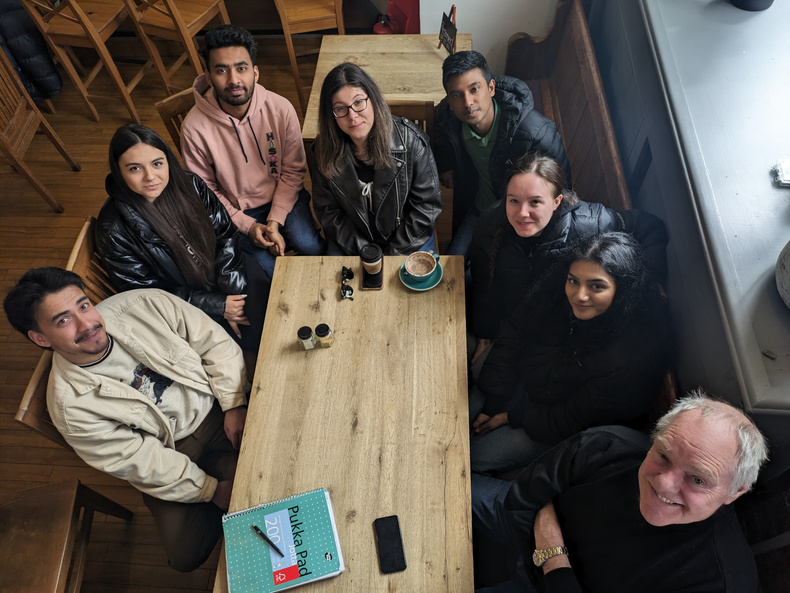The hidden resource hospitality businesses are overlooking

Karla Keating-Nel, Tourism and Hospitality Lecturer at University College Birmingham, explores the case for students being an untapped resource for businesses.
In an era where labour shortages, operational pressures, and innovation demands weigh heavily on the hospitality sector, many organisations are overlooking one of the most abundant and cost-effective resources available to them: our students.
Every semester, hundreds of motivated, curious and increasingly skilled students are tackling complex problems, developing creative solutions and producing insights that could directly benefit hotels, restaurants, tourism operators and event businesses.
The remarkable part? Most of these projects are completed at little or no cost to industry partners.
At University College Birmingham (UCB), we have students across undergraduate and postgraduate levels in degree programmes that focus on hospitality management, events, tourism, aviation and airport management, and more.
Each year they complete live projects, consultancy assignments and strategic analyses- all designed to mirror real business challenges.
If we run a simple calculation, the scale of this hidden capacity becomes clear. Imagine:
- 500 students
- each dedicating 24 hours per semester to applied project work.
That’s 12,000 hours per semester, or 24,000 hours per academic year of focused problem-solving, innovation and research capacity, that the hospitality sector could tap into.
To put that in perspective, it’s the equivalent of 12 full-time employees working year-round- bringing fresh thinking, academic rigour and digital fluency, directly into the industry.
And the range of challenges students can address is surprisingly broad.
From improving guest experience design, to optimising operational processes, analysing market data, increasing footfall and overnight stays, or proposing digital marketing strategies, our students have both the time and the tools to deliver practical, evidence-based recommendations.
What’s more, these collaborations are mutually beneficial.
Businesses gain access to insights and new ideas that they might not otherwise be able to afford, while students engage with live industry challenges that strengthen their employability and real-world understanding.
This creates a powerful cycle of learning, innovation and talent development that the sector urgently needs.
Working in partnership with a number of stakeholders and at the request of Andy Munro, the local mayor for Church Stretton in Shropshire, our tourism and hospitality students designed a strategy to widen participation and increase the potential of digital and adventure tourism within the village.
"It was such a great opportunity for us to work with University College Birmingham students. We've never done anything like it before, but it was a pleasure to use their knowledge and skills on such an important project," said Nigel McDonald, Sustainable Tourism Officer for the Shropshire Hills National Landscape Team.
"We were happy to support the next generation of destination managers while taking advantage of their ability to look right to the heart of key issues and find solutions."
As hospitality continues to navigate post-pandemic shifts, evolving customer expectations and sustainability imperatives, perhaps it’s time we reframe how we see student projects.
They’re not just academic exercises — they’re untapped consultancy opportunities and a pipeline of future leaders ready to help shape the industry’s next chapter.
The question isn’t whether our students can make a difference. It’s whether the industry is ready to make use of them.
